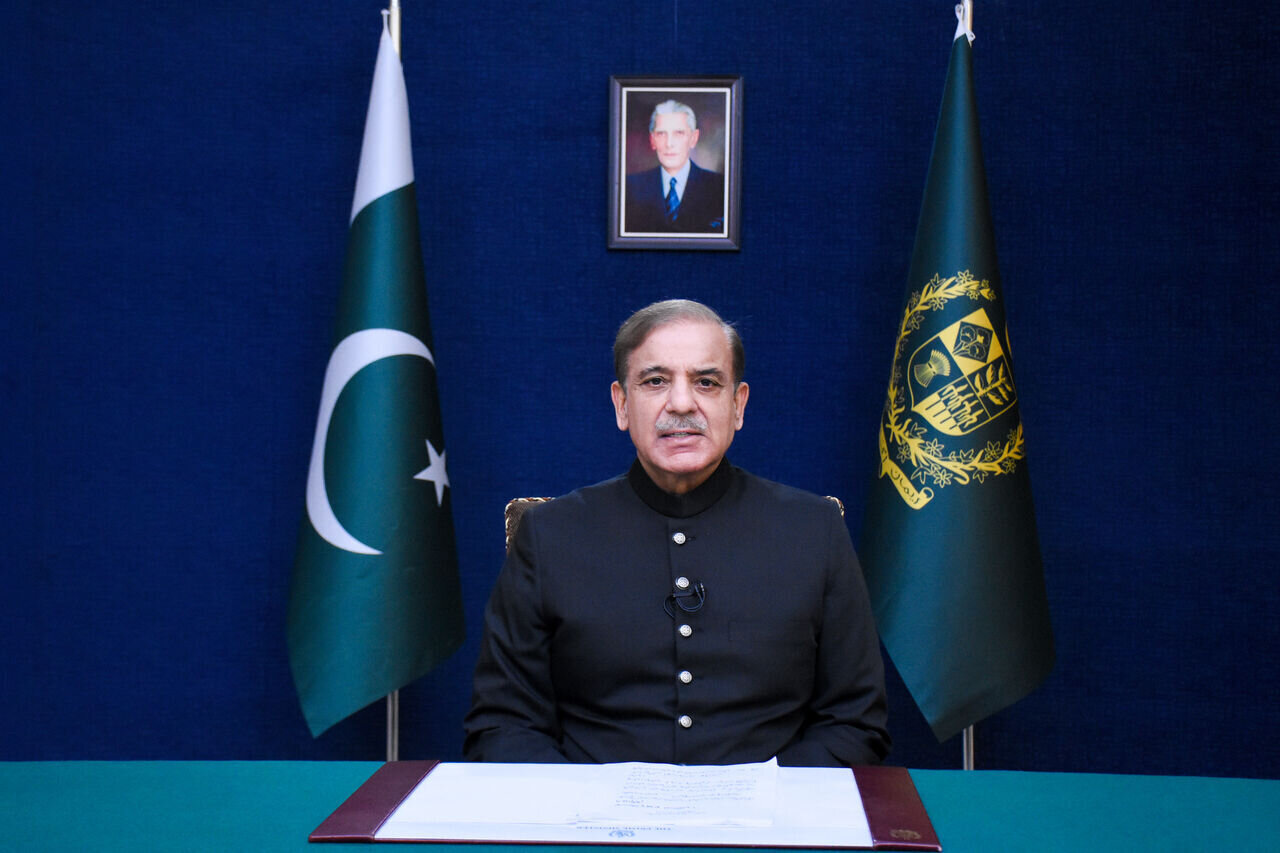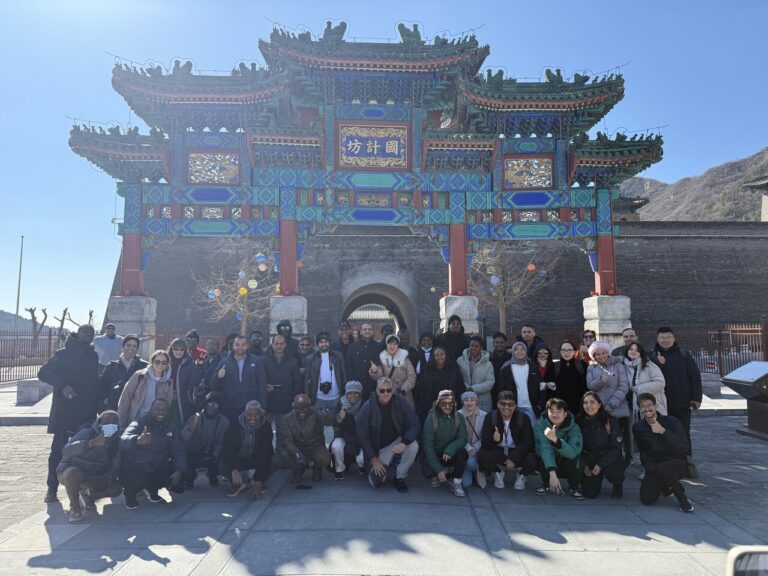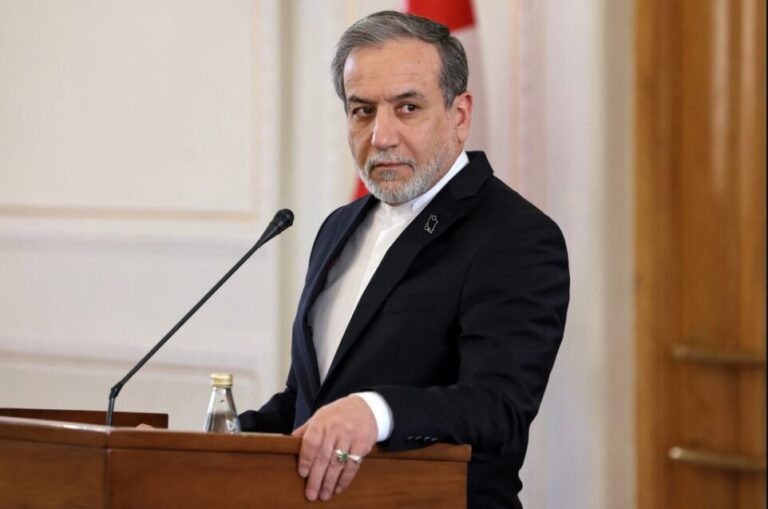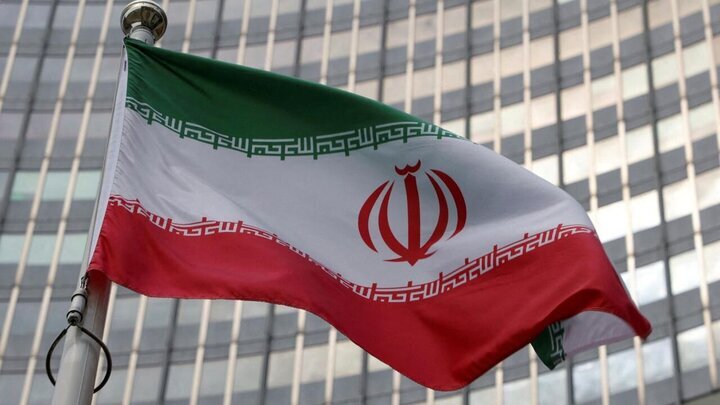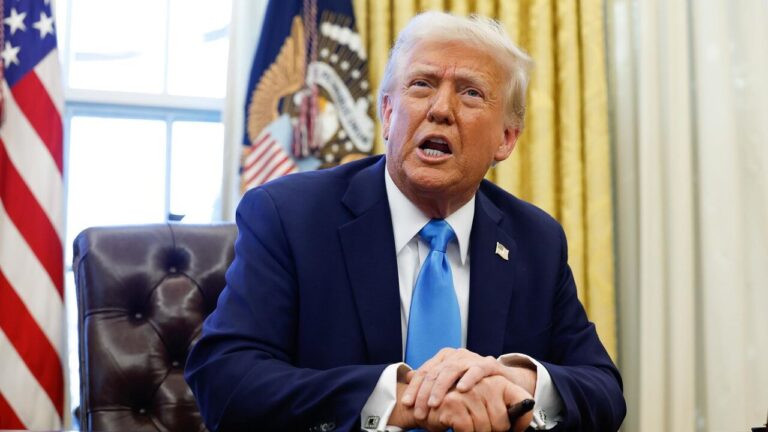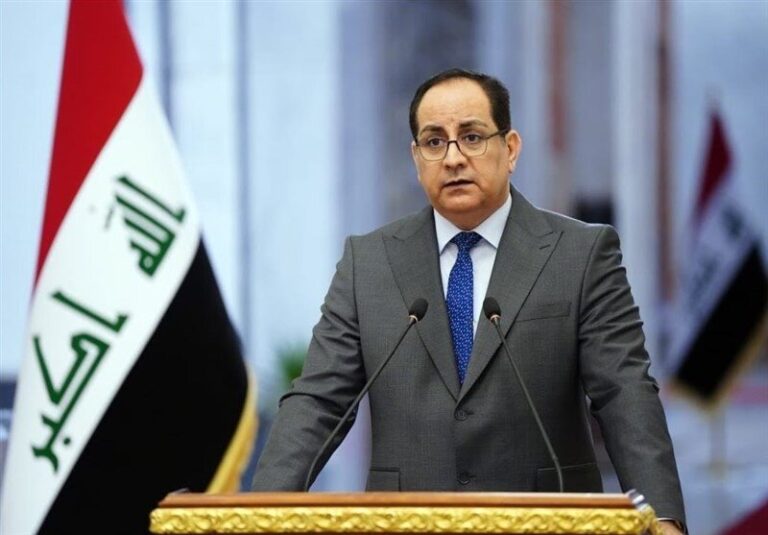Pakistan Promises Strong Retaliation Following Indian Missile Strikes: Tensions Escalate
In a significant escalation of hostilities, India launched missile strikes against Pakistan and Pakistani-administered Kashmir on Wednesday. This confrontation is marked as the most severe clash in over two decades between these two nuclear-armed nations. With rising tensions, Pakistan has vowed to retaliate, claiming to have downed five Indian aircraft, raising concerns of a broader military conflict in this perilous region.
During a meeting with more than a dozen foreign diplomats in New Delhi, Indian officials stated that “if Pakistan responds, India will respond.” This declaration has intensified fears of a larger military confrontation in one of the world’s most densely populated and volatile regions. The conflict stems from India’s assertion that it targeted nine “terrorist infrastructure” sites, which are allegedly connected to a recent attack in Indian Kashmir that resulted in the deaths of 25 Hindu tourists and one local resident.
- Pakistan’s Response: According to a military spokesperson, Pakistan reported at least 31 civilian casualties and 46 injuries due to the strikes and subsequent border shelling.
- Violations of Sovereignty: Pakistan’s government condemned the attacks, stating that India “had ignited an inferno in the region” and emphasized its right to respond “at a time, place and manner of its choosing” to avenge the loss of innocent lives.
- Indian Allegations: Islamabad has firmly rejected India’s claims that it harbors terrorist camps within its territory.
In a televised address on state broadcaster PTV, Pakistan’s Prime Minister Shehbaz Sharif warned India of the consequences of its actions, saying, “For the blatant mistake that India made last night, it will now have to pay the price.” He emphasized the resolve of the Pakistani people, stating, “Perhaps they thought that we would retreat, but they forgot that…this is a nation of brave people.”
Adding to the tension, Pakistan’s Defence Minister Khawaja Muhammad Asif announced that any retaliatory strikes would target Indian military installations while avoiding civilian areas. This statement underscores Pakistan’s strategic approach to the conflict, aiming to limit civilian casualties.
The Indian strikes also marked a significant development, as they included targets in Punjab, Pakistan’s most populous province. This is the first time such actions have occurred in Punjab since the last major conflict between the two countries over half a century ago.
The ongoing conflict between India and Pakistan has deep historical roots, primarily revolving around territorial disputes, particularly in the Kashmir region. Both nations have claimed this region since their partition in 1947, leading to multiple wars and ongoing skirmishes. The latest escalation highlights the fragile security situation in South Asia.
The international community is closely monitoring the situation, with calls for restraint from various governments and organizations. The potential for a wider conflict poses risks not only to the two nations involved but also to regional and global stability.
- Key Points of Concern:
- Increased military activity and its implications for regional security.
- The humanitarian impact on civilians in affected areas.
- The international response and diplomatic efforts to de-escalate tensions.
As both countries prepare for potential further military engagement, the world watches in anticipation of the next developments. The situation remains fluid, and both India’s and Pakistan’s military strategies will likely evolve in response to each other’s actions.
The implications of this conflict extend beyond immediate military concerns; they also affect diplomatic relations and economic stability in the region. With both nations possessing nuclear capabilities, the stakes are incredibly high, making the need for peaceful dialogue and conflict resolution more pressing than ever.
In conclusion, the recent military actions have ignited fears of a larger confrontation, and as both nations brace for potential retaliation, the international community hopes for a swift de-escalation of hostilities to prevent further loss of life and maintain regional peace.
